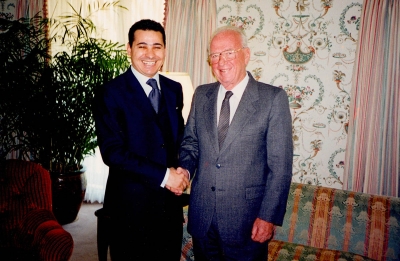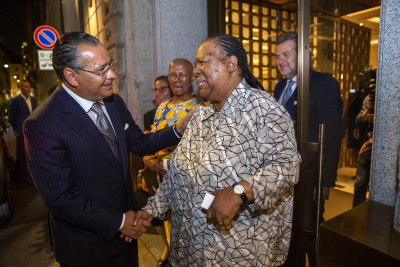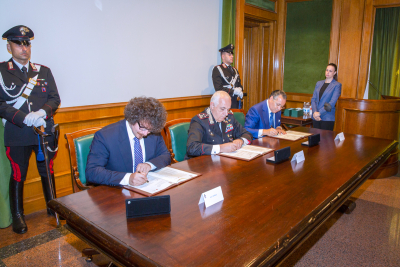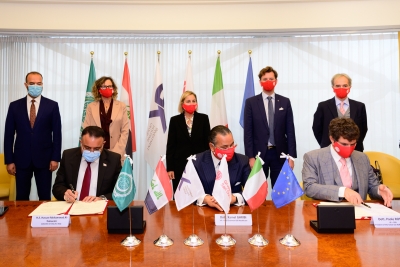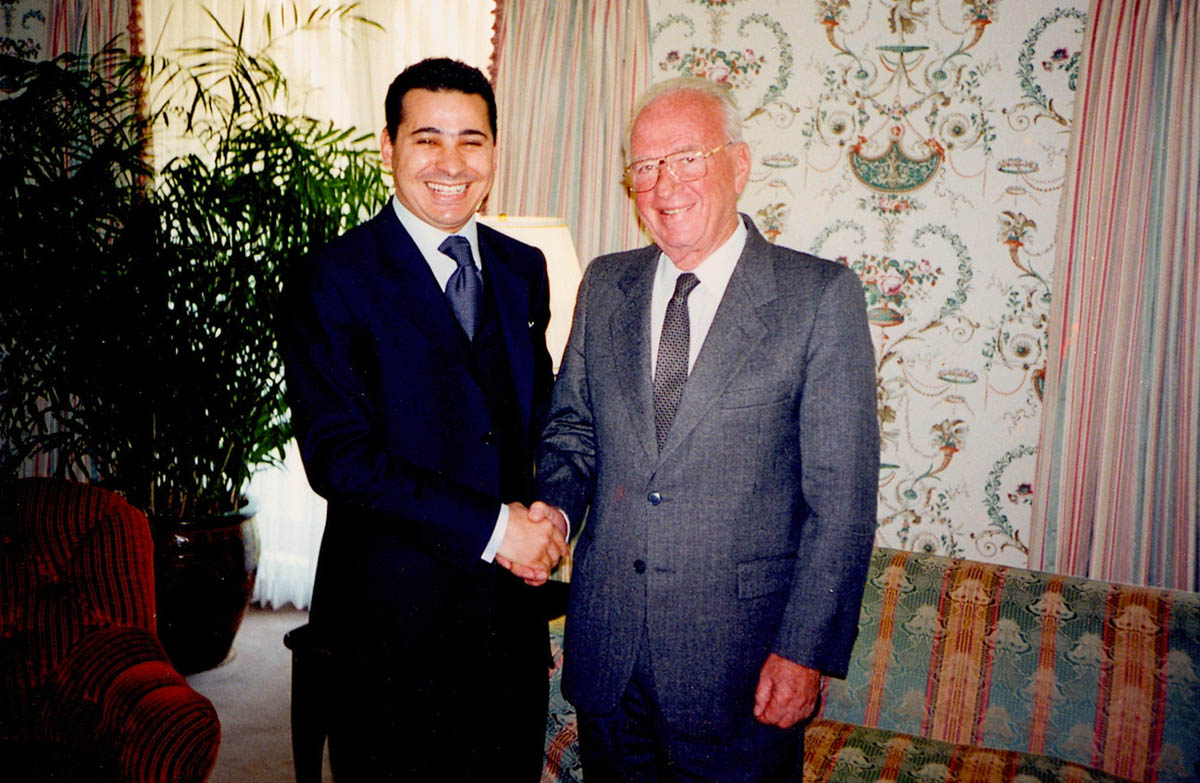
In 1994 Yitzshak Rabin shared the Nobel Peace Prize with Palestinian leader Yasser Arafat and at that time, the Israeli Minister of Foreign Affairs Shimon Peres. The prize was given in recognition of the immense efforts made by all three statesmen in the work they carried out behind the scenes, work that ultimately led to the Oslo Agreement being signed in 1993.
The Agreement, which was ratified in Washington DC later that year, foresaw Israel committing to the gradual withdrawal from occupied territories that would grant Palestinians self-determination.
I had the honour of meeting Yitzshak Rabin, then Prime Minister of Israel, in Washington DC in 1995 shortly before his tragic assassination that Autumn. There is no doubt that Rabin was a man who desired to ‘confer the greatest benefit to mankind’ that is to say – peace. In setting aside his personal doubts and difficulties Rabin showed the world that it is possible to open channels of conversation and congress between people who are not at peace. By opening dialogue, between formerly sworn enemies, these three statesmen showed the world that even if much of the necessary criteria for negotiations are not met, with a strong will and belief in a long-term process then we can achieve durable peace through cooperation.
I do not believe that peace can only be recognised by its fruits rather than in the seeds sown. Like these three men, I believe that the fruits of peace will take decades and perhaps even generations to achieve; however, like the wise mortals who plant trees they will never live to sit under, we must start planting the seeds of peace today for the generations of tomorrow.
The dream of peace and fraternity between nations shared by Rabin, Arafat and Peres must not go unheeded. Our destiny is forged by exceptional people who have the courage to risk derision, disdain and division in the name of the peace process. We cannot forget their sacrifice.
Sadly, none of these men lived to see peace in their time quite simply, I feel because they were ahead of their time. However, today I hope that the world has caught up with their vision and is ready to seize the moment and work together to overcome political and religious barriers and to conquer ideological differences on all sides in the name of what has become a long overdue peace.
